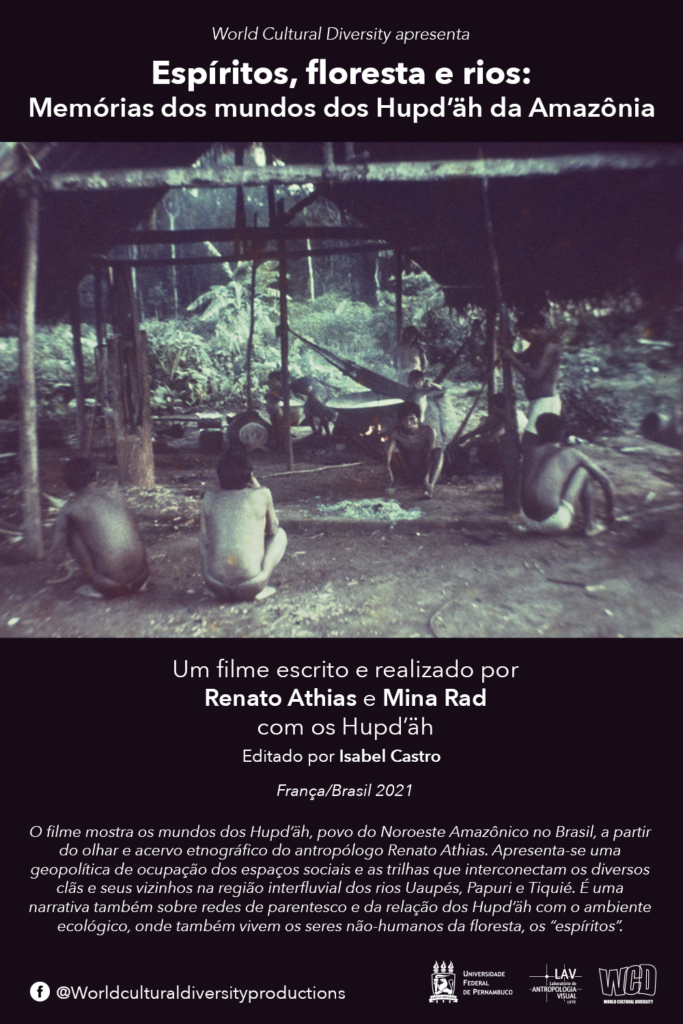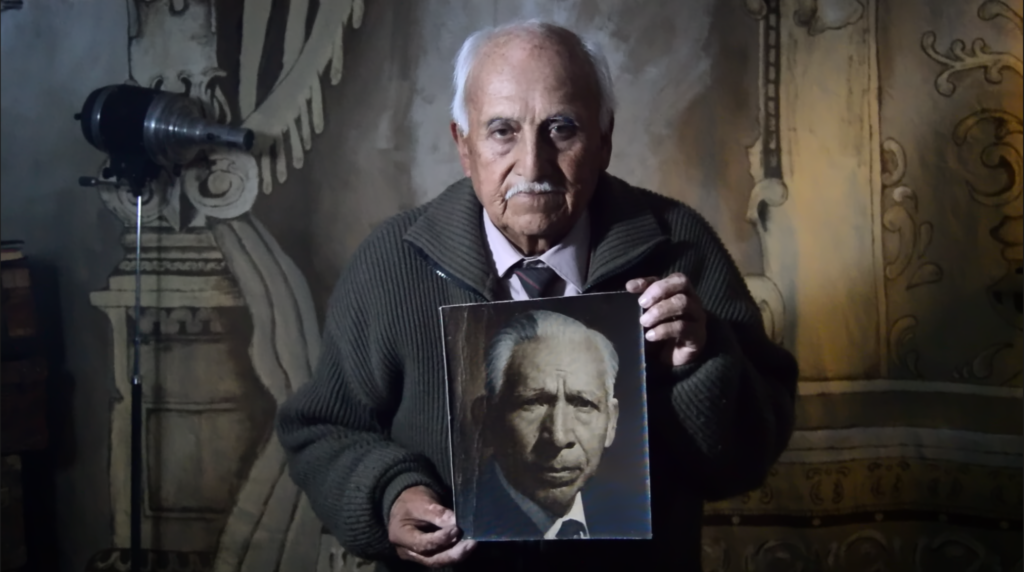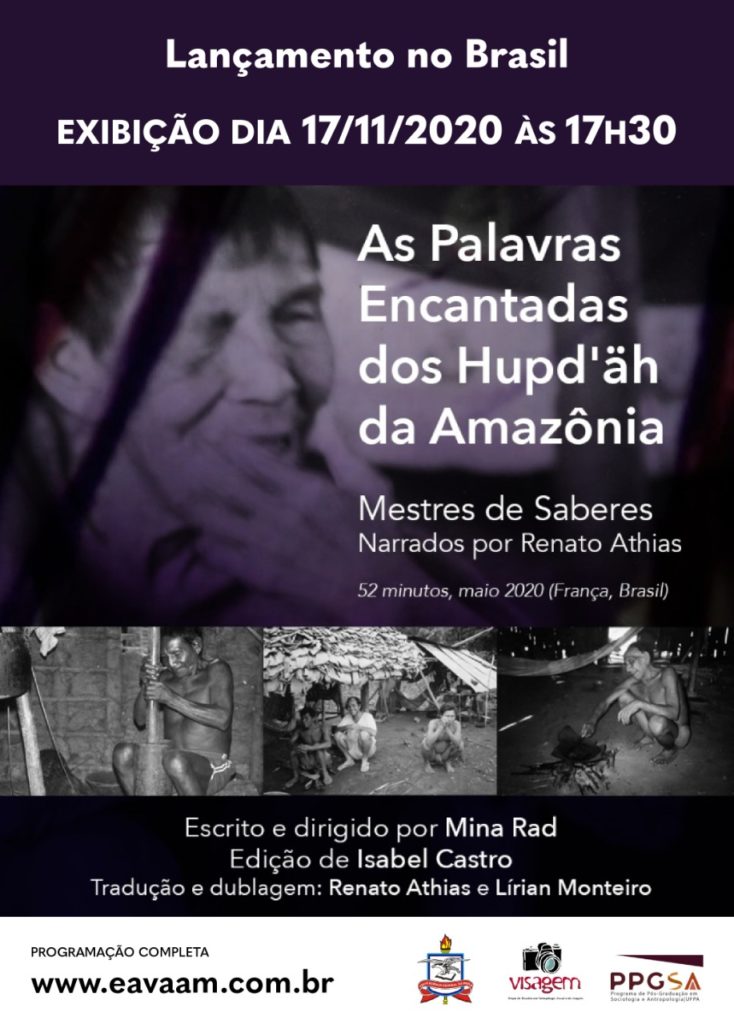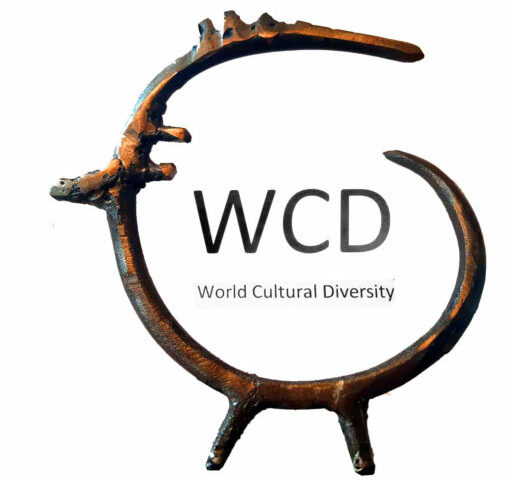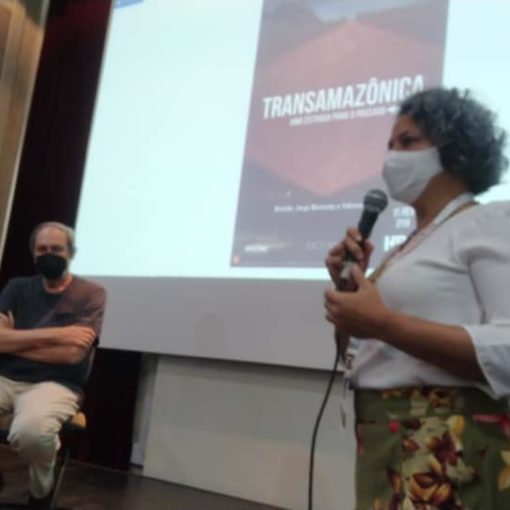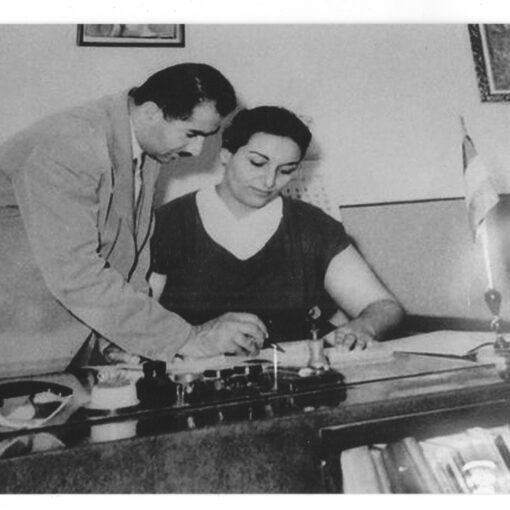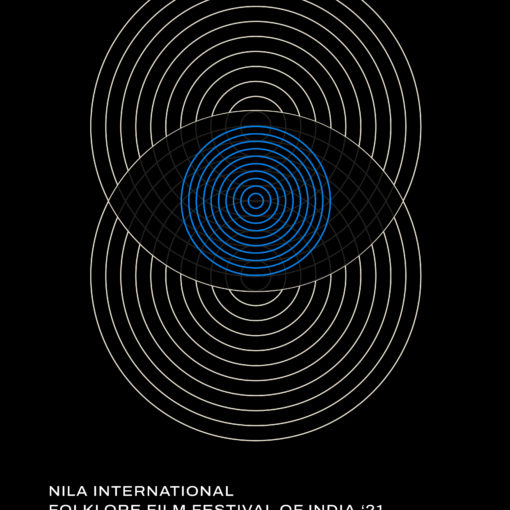The debate between Gabriela Zamorano and Mina Rad at the roundtable at Festival ethnographic do Para on the 18th of November 2021.
They discuss about aspects of the restitution of knowledge that has accumulated over decades.
What is expected with the reproduction of traditions and customs existing in the archives, when bringing them to the big screen?
How can first-person narrative take viewers on a journey through time?
What ethical issues do these files raise nowadays?
The process of making the film and building the structure of it — ethnographic encounter
The triangle relation /archive /collector/filmmaker
The collector and his archive , how did you try to bring the emotions?
How the camera capt the relation of The collector and his archive ?
How archives become an infrastructural element of a national development and consciousness of culture and civilisation
They exchange about three films :
The Enchanted Words of the Hupd’äh of the Amazon – Masters of knowledge, narrated by Renato Athias, Sprits, forest and rivers: Memories of worlds from the Hupd’äh of the Amazon,
and rchive Cordero
Table/Debate : Collections, Memory, Representation and Decoloniality in Ethnographic Film
Film and photograph collections are fragments of memories rooted in the weight of years of experience with the other. Documentaries made from these archives seek to bring memories and representations to a general audience, mediated by editing and first-person narratives. The ethnographic situations experienced and the fieldwork leave their context and are mediated by the filmic narrative.
The viewer can see, feel and imagine the realities of those who produced the ethnographic archive. Researchers can relive these field experiences by recounting memories provoked by the images in these collections. Films made from archives offer a new generation the opportunity to live these experiences and understand the relationship between memory and filmic narrative. Sometimes, half a century of fieldwork life is summed up in a 60-minute film where each word brings together sensations, memories and representations, narrated in the first person. It proposes a debate on issues related to decoloniality, ethnographic collections and the relationship between memory and representation today.
Also discuss aspects of the restitution of knowledge that has accumulated over decades?
What is expected with the reproduction of traditions and customs existing in the archives, when bringing them to the big screen?
How can first-person narrative take viewers on a journey through time?
What ethical issues do these files raise nowadays?
The process of making the film and building the structure of it — ethnographic encounter
The triangle relation /archive /collector/filmmaker
The collector and his archive , how did you try to bring the emotions?
How the camera capt the relation of The collector and his archive ?
How archives become an infrastructural element of a national development and consciousness of culture and civilisation
Participants:
Participants: Renato Athias, Mina Rad, Gabriela Zamorano, and ….
